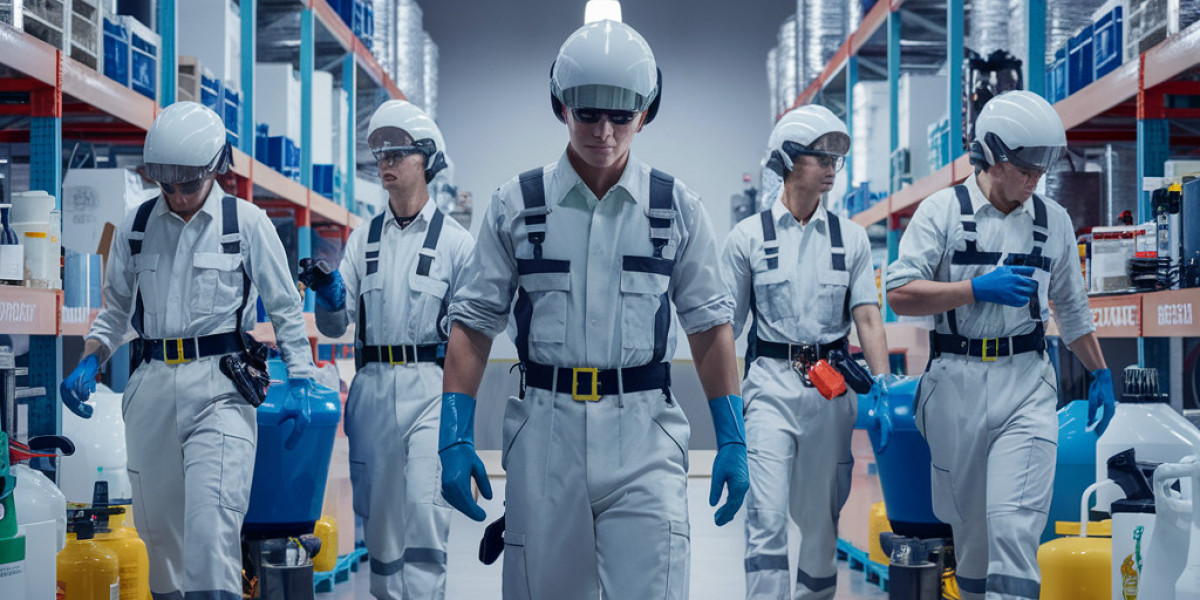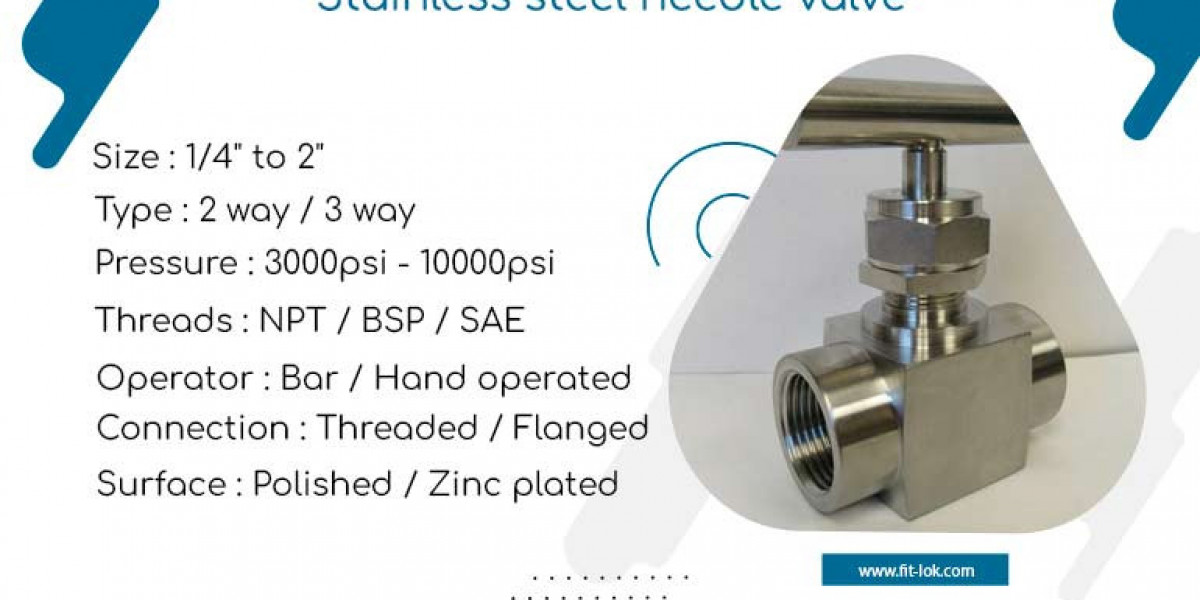When it comes to running a successful business in Lockhart, maintaining a clean, safe, and pest-free environment is not just a matter of hygiene — it’s essential for protecting your brand reputation, complying with regulations, and ensuring the well-being of employees and customers. Commercial pest control plays a vital role in business operations, especially in industries like hospitality, food service, healthcare, and manufacturing.
In this ultimate guide, we’ll explore everything you need to know about commercial pest control in Lockhart — from common pest threats and legal obligations to choosing the right pest control provider and maintaining a long-term prevention strategy.
Why Commercial Pest Control Matters
Unlike residential pest control, commercial pest control must deal with larger-scale infestations, more complex structures, and stricter compliance standards. In Lockhart, businesses face a variety of pest challenges due to the region’s climate and urban development. A pest infestation can cause:
Damage to property and stock
Health and safety violations
Legal liability and fines
Loss of customers and income
Reputation damage (especially with online reviews)
For these reasons, proactive pest control isn’t just a reaction to an infestation — it’s a crucial part of your facility management and risk prevention strategy.
Common Commercial Pests in Lockhart
Lockhart’s warm climate and growing commercial infrastructure make it an ideal environment for a wide variety of pests. Here are some of the most common ones that affect commercial properties:
1. Cockroaches
Especially common in restaurants and food processing facilities, cockroaches can quickly infest kitchens, storerooms, and drainage systems. They carry bacteria like Salmonella and can trigger allergies.
2. Rodents (Rats & Mice)
Rodents are not only a major health hazard but also known to cause physical damage by chewing wires, insulation, and packaging.
3. Ants
While some ants are more of a nuisance than a threat, certain species can contaminate food or damage structures, particularly carpenter ants.
4. Termites
Though more common in residential settings, termites can also cause massive structural damage to wooden commercial buildings and fittings.
5. Flies
Especially problematic for food-related businesses, flies can carry over 100 pathogens and quickly ruin a customer’s experience.
6. Stored Product Pests
These include beetles and moths that infest dry goods such as flour, grains, and packaged foods — a serious problem for warehouses and food manufacturers.
Legal Requirements & Health Codes
In Australia, and specifically in New South Wales, businesses are legally required to maintain premises that are free from pest infestations. The Food Standards Code (Standard 3.2.2) mandates that food businesses must take all practicable measures to prevent pests from entering and to eradicate them if they are present.
Failure to comply can result in:
Hefty fines
Temporary or permanent closure
Public listing on the NSW Food Authority’s name-and-shame register
Legal action for negligence
This is why working with a licensed pest control provider who understands local regulations is essential for compliance and peace of mind.
What to Expect From a Commercial Pest Control Service
Choosing the right pest control company in Lockhart can make a big difference in the safety and efficiency of your business. Here’s what you should expect from a quality provider:
1. Initial Site Inspection
A professional will perform a thorough inspection of your premises to identify active infestations, entry points, and risk areas.
2. Customised Pest Management Plan
No two businesses are the same. Your pest control provider should create a tailored treatment and prevention plan based on your industry, building type, and specific pest threats.
3. Safe and Compliant Treatments
Pesticides and bait stations should be applied in a way that is safe for people, pets, and the environment. All treatments must comply with state regulations and health codes.
4. Documentation and Reporting
Detailed records are crucial, especially during audits. You should receive reports outlining treatment types, chemicals used, pest activity, and follow-up recommendations.
5. Scheduled Maintenance & Monitoring
Most pest control companies will offer service plans that include regular monitoring and preventive treatments — key for long-term protection.
How to Choose the Right Pest Control Provider in Lockhart
With several options available, choosing the right commercial pest control service can feel overwhelming. Here are key criteria to consider:
Experience with Commercial Properties
Look for companies with proven experience in your industry (e.g., hospitality, healthcare, retail).Licensed & Insured
Make sure they’re fully licensed by the NSW Environment Protection Authority (EPA) and carry appropriate insurance.Integrated Pest Management (IPM) Approach
A modern pest control provider will focus on prevention, sanitation, and long-term control, not just chemicals.Local Knowledge
A Lockhart-based company will understand local pest trends, seasonal changes, and council regulations better than a national provider.Customer Reviews & References
Check testimonials, case studies, or ask for references to ensure their reliability and service quality.
Preventative Measures You Can Take
Even with a professional pest control plan, your business can reduce risk by taking some proactive steps:
Seal Cracks and Entry Points: Check around doors, windows, pipes, and vents.
Maintain Cleanliness: Keep kitchens, floors, and waste bins clean and sanitized.
Store Food Properly: Use airtight containers and clean up spills immediately.
Dispose of Rubbish Promptly: Regularly empty indoor and outdoor bins.
Fix Moisture Problems: Repair leaky taps, pipes, and ensure good drainage.
These small steps, when consistently applied, go a long way in deterring pests from invading your workspace.
Final Thoughts
Commercial pest control in Lockhart is not just a service — it’s a partnership in protecting your property, your people, and your reputation. Whether you manage a small café, a large warehouse, or a medical facility, having a proactive, professional pest management plan in place is essential.
By understanding your legal obligations, recognizing common pests, and working with a trusted local provider, you can ensure your business remains pest-free and operating at its best all year round.









